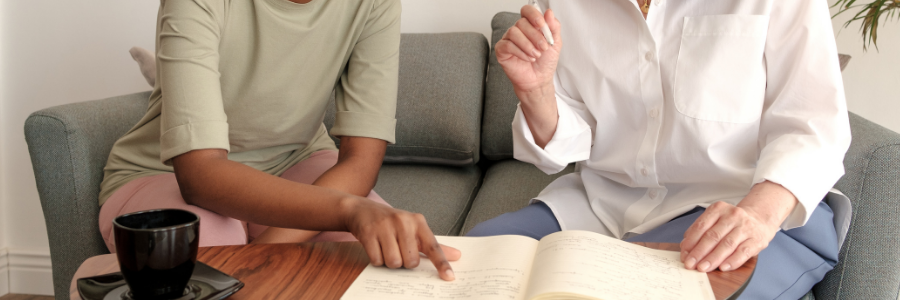Who is it for?
Age: 5-18
Gender: Any and all genders
Where: Canterbury, Ashford, Folkestone & Hythe
What is it?
Our CYP counselling service is for 5-18 yr olds who have experienced domestic abuse.
They are weekly 1-1 sessions with a qualified counsellor. We offer 12 sessions and this can be extended if deemed necessary.
Begin to make sense of trauma
Domestic abuse causes trauma symptoms within our bodies and the trauma can change the way we think about things, the way we remember things, the way we feel about things and how we act. The most important thing for you to remember today is that you’re not crazy or going mad! There are very real reactions to trauma, but these are processes that show your body and mind is trying to adapt, survive and come to terms with what has happened to you. Sometimes our reactions can feel overwhelming or out of control; we can feel too much or not enough, we can have very specific intrusive memories or vague sensations that don’t feel linked to anything. Sometimes it’s very easy to link how we are feeling to what’s happened to us and other times it feels like it’s completely out of nowhere.
How do I know if I’m traumatised?
Trauma response can vary significantly in line with your age but some of the noticeable emotional and physical symptoms are:
- Sleeping difficulties
- Problems concentrating
- Nightmares connected to the trauma
- Thoughts that break through or interrupt what you were thinking or doing – sometimes these are pictures or sensations and can be literal memories or disjointed memories Expectation of future catastrophe
- Always being prepared for something negative to happen/feeling a tense and anxious dread (hyper vigilance)
- No longer feeling pleasure doing activities you used to enjoy
- Feeling low energy and demotivated
- Feeling that you are to blame for the traumatic incident
- Misdirected anger, might be towards yourself, might be towards ‘safe’ family and peers and might be expressed in physical or verbal ways.
Counselling can help us make sense of these feelings and the associated behaviors. It’s important to remember that there is no ‘right’ or ‘wrong’ way to feel or react and although some of the behaviours are more noticeable or tolerable to other people, they all come from the same traumatic events. Our counselling team will treat each child and young person with understanding.
Click here for information on how to make a referral to our services for children and young people
